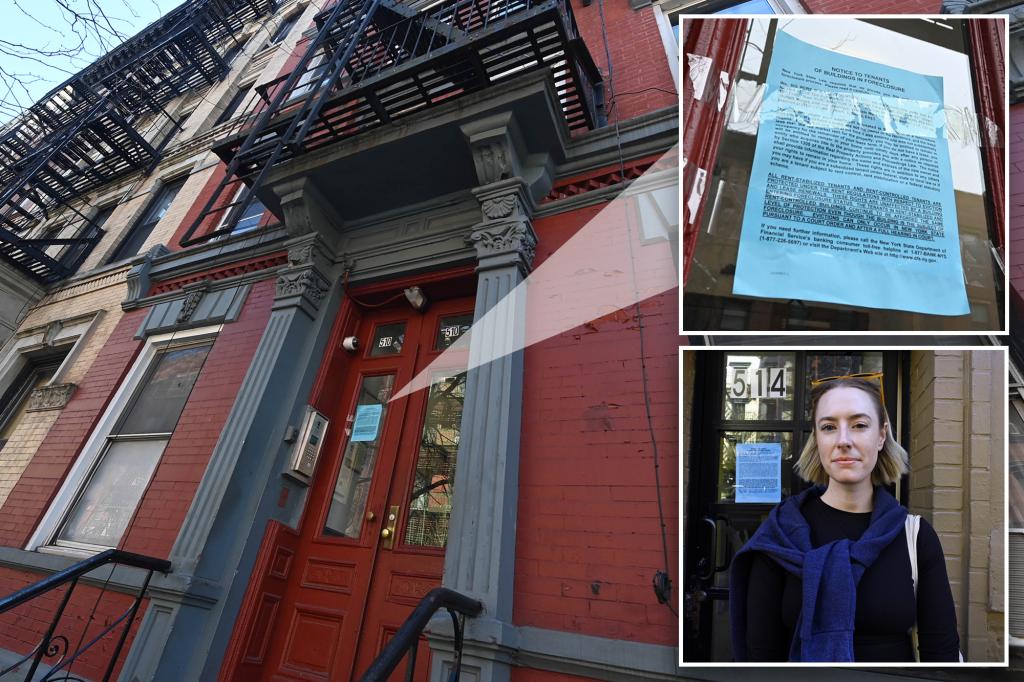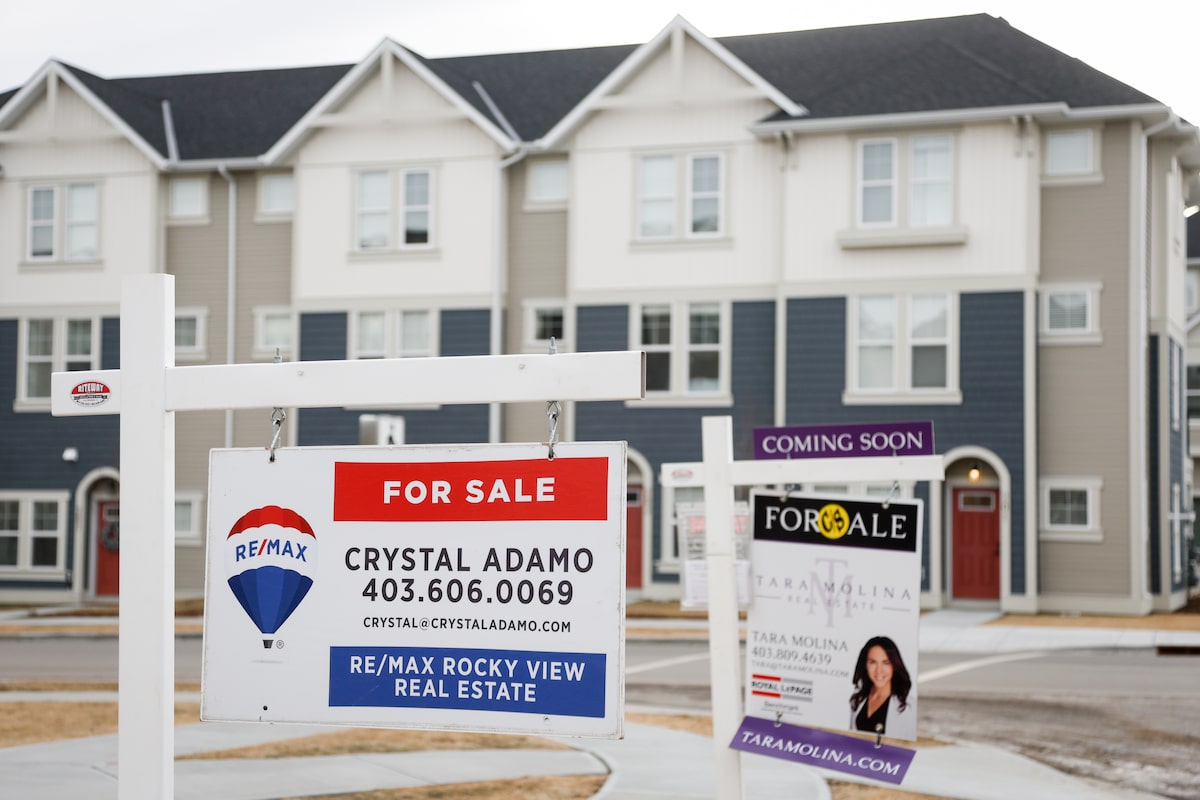T
housands of rent-stabilized apartments in NYC are at risk of foreclosure as landlords default on their mortgages, making the coveted units even scarcer. Since 2022, over 176 rent-stabilized units have been foreclosed upon, with another 2,093 units put on notice by banks in April that landlords are failing to make mortgage payments.
"It's a bloodbath," said Sarah Saltzberg, co-owner of Bohemia Realty Group, who rents pre-war units in upper Manhattan. Many rent-controlled property owners are losing money, not making it, and are leaving stabilized units empty or walking away entirely, leading to foreclosures.
The 2019 laws capping rent hikes after improvements at 2% and banning landlords from raising rents by up to 20% upon vacancy have made it difficult for owners to invest in repairs. Rising interest rates over the past three years have also slowed renovations to a crawl. Tenant advocacy groups and Democratic state legislators lobbied hard for these changes, arguing they were necessary to protect tenants against rent hikes and evictions.
However, NYC tenants could end up paying the price. If a landlord defaults, a new owner has to keep rent-stabilized units stabilized and keep rent the same. But if no one wants to buy the foreclosed property due to its unattractive financial prospects, residents could face eviction.
Experts point to a recent case in March when mortgage lender Santander Bank refused to take the keys of a foreclosed rent-stabilized building in Harlem as indicative of what could come. Some fear a repeat of the 1970s when New York landlords simply walked away from decaying buildings that were no longer profitable to rent out.
According to data from the Rent Guidelines Board, an estimated 64,314 pre-1974 rent-stabilized apartments are losing money, a figure that's doubled since 2019 and is expected to grow. The city's Department of Finance is planning to hold a tax-lien sale on June 3, which could lead to foreclosures as buyers collect debt owed by struggling landlords.
"It's a ticking time bomb," said Mark Willis, a senior policy fellow at NYU's Furman Center for Real Estate and Urban Policy. "The extent of this rent shortfall will grow over time, risking the long-term sustainability of these key segments of the city's affordable housing stock."














